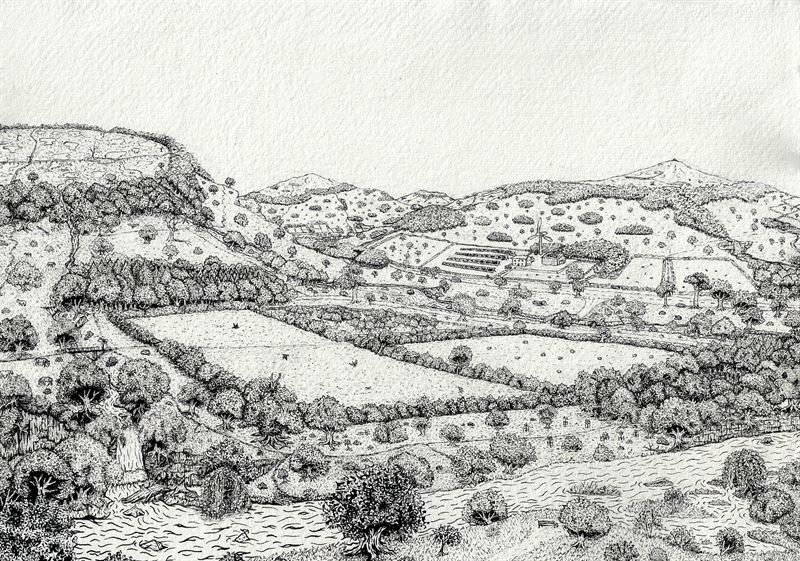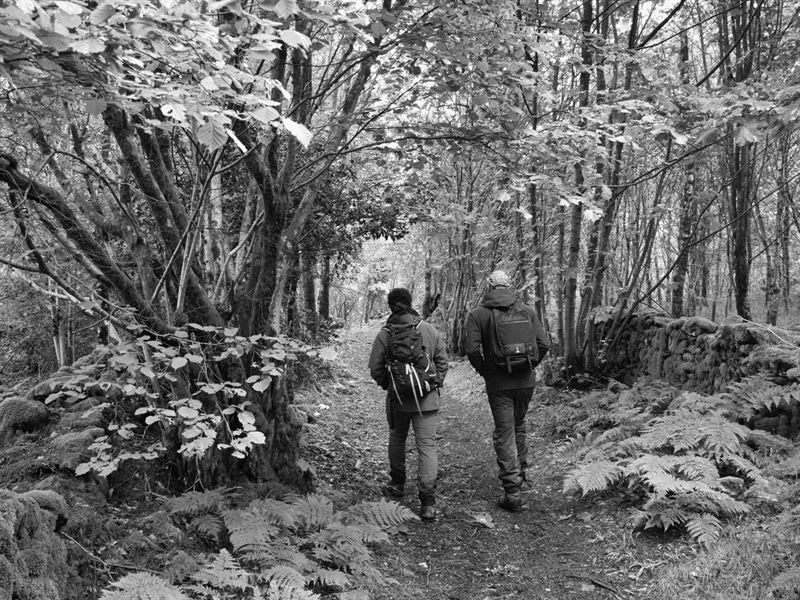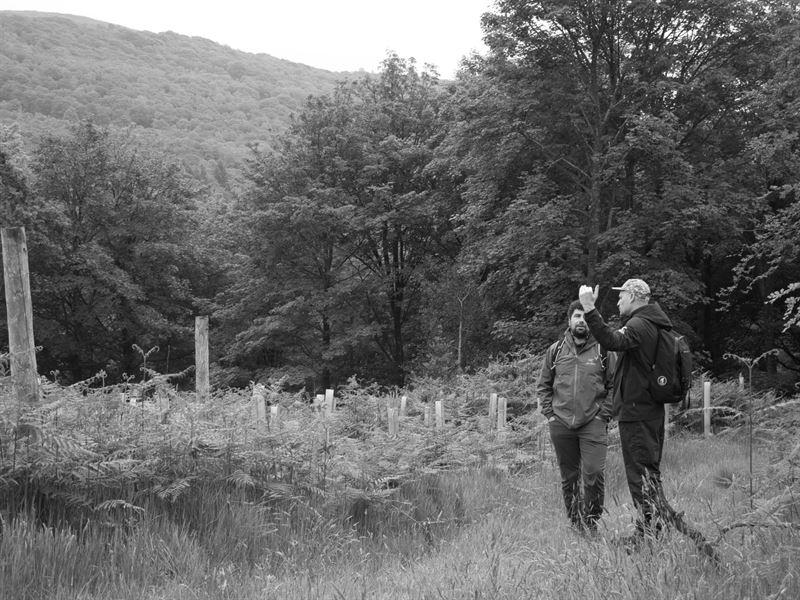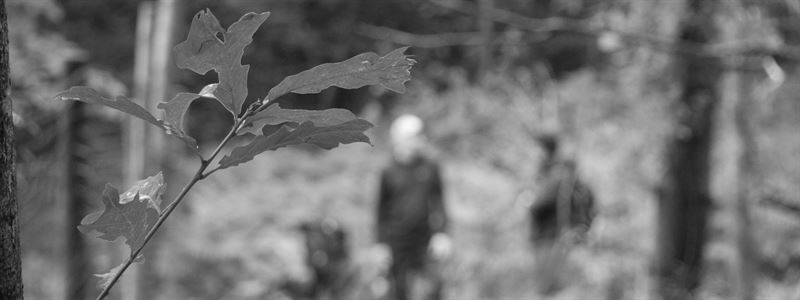Our mentor scheme has now finished for the year, we caught up with Jon to see how it went, what impact it has had and what key things he is taking away from the process...
What are you up to now?
I'm currently doing my dissertation and my modules for the third year. So I'm now basically trying to draw from my illustration background, looking at perceptions of woodland creation in upland areas of the lake district. I'm mapping and drawing to see how people respond and what different kinds of levels of wood cover people are happy with and see where there is a change of perception based on how they see it.
Maybe if you see 8% written down people might get panicked, but they see 8% on the map and they maybe think that's okay, then if they see 8% on the wood cover on a drawing/illustration they might think actually that's not a lot at all. Then I'm seeing whether that might create any data that I can look at for my dissertation.
What do you feel are the main advantages of illustration for communicating landscape changes? How do you use it?
I think illustration allows you to more easily create a more nuanced or like 'true to nature' woodland creation scheme. A lot of the ones that I've seen currently have used photo manipulation to sort of
like, spawn more trees on the landscape. This doesn't necessarily reflect how the trees might grow, what their form might be, or where they would grow. So there would be upland gills that would be more likely to have trees put into it by a woodland creation scheme whereas if it's just a blanket of trees it's A, not going to be what it's going to look like and B, it might confuse people.
I did a research project over the summer with the RSPB as well and essentially they were looking at woodland cover in the North Pennines and I was listening to a conservation group who the year before were talking about all the things they'd like to implement and I created that into a drawing. That kind of spawned into me doing 21 drawings of different woodland interventions for them for this year's one so that's where the idea sort of formed, and it was nice hearing people respond and say 'Okay I can actually picture how the woodland might work in this situation now'.

Illustration by Jon Halls - An magined the landscape for an RSPB project
What has been the most impactful or helpful thing from this mentor programme?
So I think actually just getting to the nuts and bolts of creating a Woodland management plan and going through that plan with Lochlan was really useful.
We went to visit a farm to go through the process and see what we could create based on the site visit. Going from that site visit through to the conceptualization of it to then also going through the budgeting of it and working out actually there's like there are so many different ways of creating woodland or scrubland. It's like 'How do you actually make an environment that is beneficial within this context?' so it was really
useful seeing that.
In one of my modules this year we got to basically create our own Woodland plan so actually I'm much more ahead of it because I've gone through that now with you guys so that has been really useful. It's quite a creative process because you get to really sort of imagine the landscape in 50 years' time thinking; okay well sure, you're planting some tubes and some like whips at the moment, but 50 years down the line that is going to be another X amount of woodland that's going to sequester X amount of carbon and it's going to create habitat and all those other aspects.
So I also went through the BNG assessment with Graham as well which was quite fun. It's one of those things that you just essentially just go through the module at university and then leave it, and you don't go back to it. You're going through looking at tree health and woodland structure and how you can improve it, so it's a new thing that's going to be bigger and bigger going forward. Going and seeing it and understanding how it works is just really useful. Having a bit more context on this stuff has been really useful having this in between the two years of study as well.


What's the most 'niche' thing you learned from your time with us?
There was a book that Graham was talking about, about the life of an Orchard. I think looking backwards at the past or heritage practices and how valuable it still is to think about it in the traditional way of managing Woodlands is still valid. I think it's maybe that in the last 60 to 70 years things have been quite commercialized by industrial practices. So maybe there's been a lack of nuance in that phase with the homogenization of plantations and going backwards and having a look at old practices is also quite useful, so we're not just ignoring the past.
How has this process influenced your woodland thinking and/or career ideas?
It is incredibly nerdy saying it now, but seeing how you can look at the budget from the grant schemes and then also like the map and like how you can create different ways of making woodlands has been actually quite creative which I didn't expect it to be. So getting into that, the wooden planning and advisory sector, I'm actually looking into that quite substantially and I think beforehand that I was wasn't quite sure how I could focus in on some of those jobs. As far as my career, I think I'm just going to see what's local and what I can get in the first few years and go from that but I think focusing on woodland planning will be something actually I'd quite like to focus in on. It's been useful actually just getting down to nuts and bolts because again that's something that studying doesn't really show you is
the reality of it beyond it, and how you can implement all of this knowledge. Having this experience has just been really yeah useful to get that focus.
What's next?
So I'll graduate next year around May time, so yeah, I'm just going to see what I can find as a job within the area and I think focusing on the woodland creation field or something between that and working for an estate like National Trust.
Oh, and a big thanks to Lochlan and Graham for their time on this!
---
Find out more about Jon's illustration work here www.jonhallsillustration.com/
This Mentor Scheme was made possible through the Woodland Futures Project.
